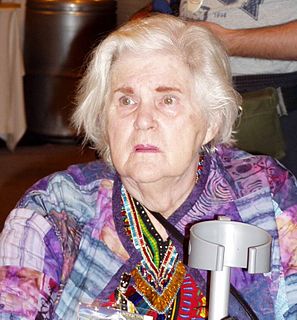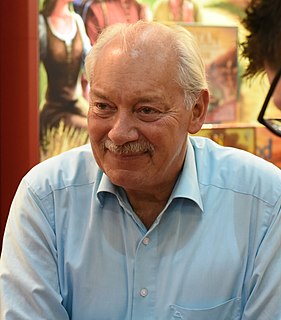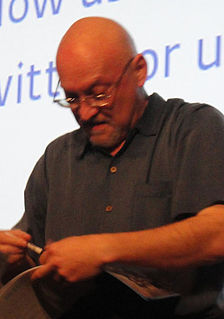A Quote by Chitra Banerjee Divakaruni
I have no particular reader in mind, but a passionate desire to tell an honest, moving story.
Quote Topics
Related Quotes
I try to employ a different strategy for each story. Often, I'll have a specific look in mind before I even have the story to go with it. I'm not so much interested in forcing the issue of reader identification through various graphic tricks. I'm more interested in creating specific characters that resonate with my own particular inner struggles.
But I am not sure it would contain any short stories. For the short story is a minor art, and it must content itself with moving, exciting and amusing the reader. ...I do not think that there is any (short story) that will give the reader that thrill, that rapture, that fruitful energy which great art can produce.
Memoirists, unlike fiction writers, do not really want to 'tell a story.' They want to tell it all - the all of personal experience, of consciousness itself. That includes a story, but also the whole expanding universe of sensation and thought ... Memoirists wish to tell their mind. Not their story.
My readers have to work with me to create the experience. They have to bring their imaginations to the story. No one sees a book in the same way, no one sees the characters the same way. As a reader you imagine them in your own mind. So, together, as author and reader, we have both created the story.
If one loves stories, then one would naturally love the story of the story. Or the story behind the story, pick your preposition. It does seem to me to be a kind of animal impulse almost, a mammalian curiosity. For a reader to wonder about the autobiography in a fiction may be completely unavoidable and in fact may speak to the success of a particular narrative, though it may also speak to its failure.
As a person of color, as a woman, as a body moving through this particular space in time, I realize the streets of New York tell the story of resistance, an African-American history of brilliance and beauty that, even in its most brutal moments, did not - could not - kill our resilient and powerful spirit.
































